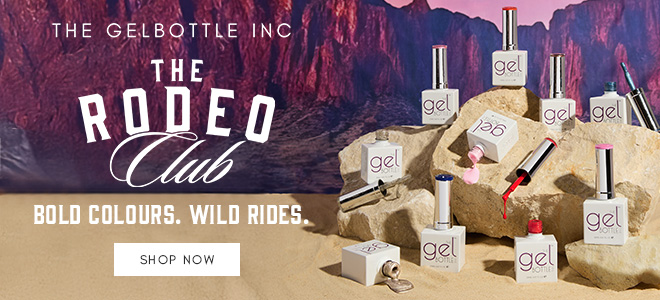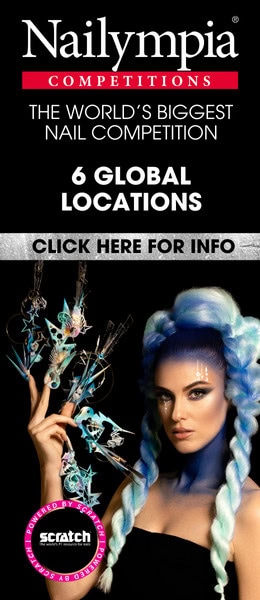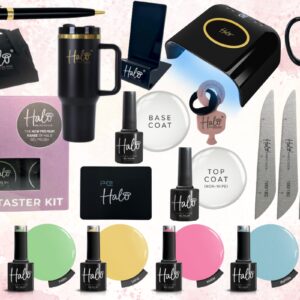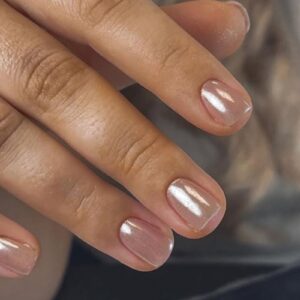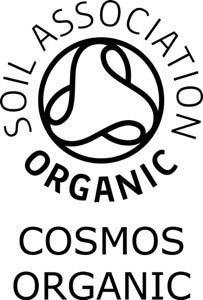
A national independent survey has reveals that 76% of consumers feel misled by some labelling on beauty products. The new research, released as part of the Soil Association’s Campaign for Clarity, shows that 72% of people said they would lose trust in a beauty brand that made misleading claims about being organic.
The Soil Association’s Come Clean About Beauty league table (shown below) reveals a cross section of brands and beauty products on the market which make potentially misleading organic claims on the label. Major beauty brands Boots, Dr Organic and Faith in Nature have all been named as culprits of greenwashing. These brands include ‘organic’ on some labels – yet these products are not certified as organic and include ingredients banned under organic standards. 69% of people surveyed said that they felt misleading labelling should be against the law.
Unlike with organic food, which must adhere to strict EU standards, there are no legal standards for the use of the terms organic or natural on beauty products. This means in practice that any brand or beauty product can be labelled as ‘natural’ or ‘organic’ even if it contains virtually no organic or natural ingredients.
Widely available on almost every UK high street, the products with potentially misleading labels included in the Come Clean About Beauty league table range from moisturising shampoos to sunscreens to night creams. While most people (69%) said that they would think they were making a positive choice by choosing a product with ‘organic’ on the label, products on the league table all use the word ‘organic’ in a way which we think could mislead consumers into thinking they are genuinely organic.
“This is the tip of the iceberg”, says Soil Association policy director, Peter Melchett. “The labels on products we encountered were littered with confusing terms. Our consumer research shows that it is very difficult for consumers to know they are making the right choice when doing their shopping.”
The Campaign for Clarity reveals that price is not a factor in separating misleading products from their certified organic counterparts. Skincare brand Aloe Pura styles itself as organic and natural – its Organic Aloe Vera after sun lotion claims to use ‘Natural Actives’. In fact, this product contains six ingredients that would never be permitted in certified organic beauty products, including several artificial ingredients.
The research found that 74% of people said they would feel they were choosing a product which was free from nasties if it said organic on the label. Yet the reality is quite different. A leading independent toxicologist reviewed the ingredients we found in products which say organic on the label and identified the Terrible Ten: Ingredients which have been shown in wider use to cause problems such as allergies, hormone disruption, or harm to the development of unborn babies.
Emeritus Professor Vyvyan Howard of the Centre for Molecular Bioscience at Ulster University, who assessed the ingredients used in the potentially misleadingly labelled products and came up with the ‘Terrible Ten’, says: “I was shocked to find ingredients which could contain human carcinogens in products with labels which could misleadingly suggest that they might be organic. Genuine organic products are independently certified and I would encourage consumers to choose those to be sure they are keeping away from ingredients included in the Terrible Ten.”
The Soil Association is urging people to demand brands which make organic and natural claims truly Come Clean About Beauty and use the terms organic or natural responsibly or not at all. People can take part by signing the petition calling for action on the Soil Association’s website: www.soilassociation.org/comecleanaboutbeauty.
You can read Scratch’s feature about Organic pro products – which sees expert comment from the Soil Association – on page 76 of the May issue.

Read the latest issue


